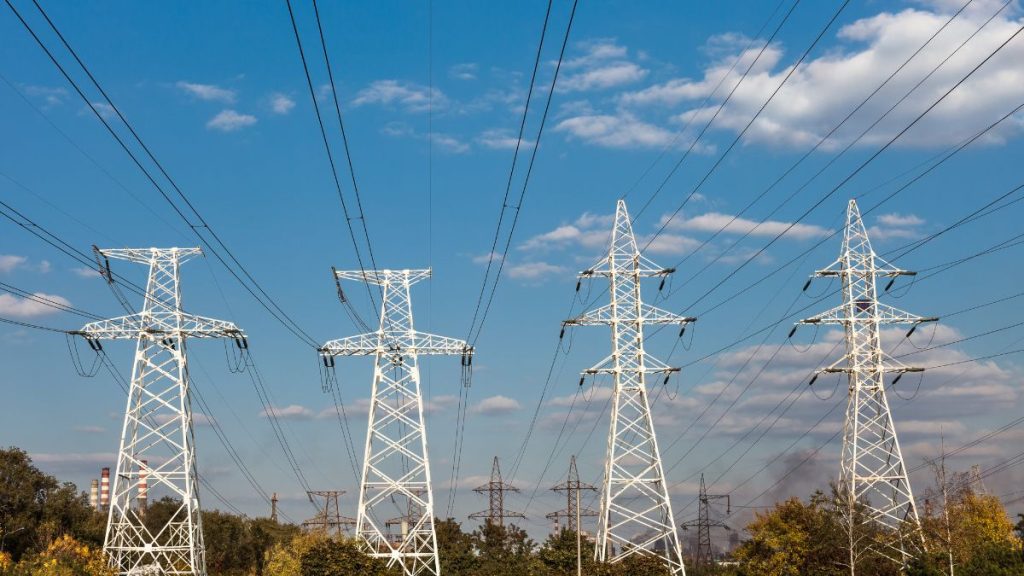Power systems engineers specialise in creating efficient power generation, transmission, and distribution networks. They are responsible for developing and installing technology integration and carrying out maintenance schedules. They are also in charge of monitoring and diagnosing issues, then fixing them to prevent downtime or reduced capacity.
If you have a knack for solving problems and love to work with your hands, this job could be perfect for you.
What skills do I need as a power systems engineer?
- Detail-oriented
- Great problem-solver
- Hands-on worker
- Good communicator
- Works well in teams
- Organised & adaptable
- Safety-minded
- Excellent maths skills
What does the job involve?
- Designing power systems & networks
- Monitoring systems for issues
- Installing, testing & maintaining equipment
- Upgrading existing systems & networks
- Preparing drawings & plans
- Ensuring compliance with standards
- Optimising systems & processes
- Collaborating with other power workers
What industries do power systems engineers typically work in?
- Electricity, Gas, Water & Waste
- Professional, Scientific & Technical Services
- Manufacturing
What Career Cluster do power systems engineers belong to?
Power systems engineers work with technology and need strong problem-solving skills, so they are usually Innovators. It’s also an attractive career for Makers, who enjoy using specialised equipment and love hands-on work.
What kind of lifestyle can I expect?
As a power systems engineer, your work will be split across both time in the office and site visits. While there is some physical work involved, you’ll also be expected to do desk work and communicate with clients, customers, and other power workers.
You can expect to earn an above average salary throughout your career.
Most power systems engineers work full-time, usually during normal business hours. But emergency maintenance may require you to work nights, weekends, or even holidays.
How to become a power systems engineer
You will typically need a Bachelor’s degree in Engineering, specialising in Electrical, Networks, or another similar field, to work as a power systems engineer. Internships and practical work experience are a common part of your education, and are a great way to gain experience and make connections.
There are usually also other licenses and qualifications you must obtain as well, depending on regulations in your state or country, and whether or not you’d like to advance into more senior roles.
What can I do right now to work towards this career?
If you’re in high school and interested in becoming a power systems engineer, here are some steps you can take:
- Focus on science subjects at school, especially physics and engineering. Along with maths, they are often prerequisites to many engineering courses.
- Find work experience or internship opportunities to gain exposure to the industry.
- Participate in STEM clubs, groups, workshops, or competitions to start building your skills while you’re still at school.
- Start researching graduate programs and pathways to future job opportunities.
Where can I find more information?
You can learn more about careers in power systems engineering through these organisations:
- The Australian Power Institute
- Electricity Engineers’ Association NZ
- UK Power Networks Careers
- United States Energy Association
- Careers in Energy Canada
Similar careers to power systems engineer
- Maintenance Technician
- Civil Engineer
- Systems Analyst
- Grid Connection Engineer
- Operations Coordinator
- Software Developer
- Environmental Engineer
- Project Manager
Find out more about alternative careers on our Job Spotlights page.


